12 Camping Safety Tips
Guest blogger and CRUA Community Member, Ciaran Coughlan, shares his Top 12 Camping Safety Tips to follow when you're out camping in the great outdoors.
Camping is a great way to enjoy the great outdoors and get away from the hustle and bustle of city life. However, it's important to remember that there are some inherent dangers associated with camping, such as getting lost in the wilderness or being bitten by a snake. It's best we prevent this from happening, the tips below contain essential habits which if followed lower the probability of anything bad happening on your trip without reducing the fun and joy of camping.
1. Be Informed of the Weather Forecast: Whether winter camping, or summer camping, one of the most important camping safety tips is to be aware of the forecasted weather conditions for your trip. Knowing what to expect ahead of time can help you plan accordingly, such as bringing appropriate clothing and gear according to the forecast
2. Research the Camping Area: Familiarize yourself with the layout and any potential hazards. Always plan your route in advance, so that you can be prepared for any obstacles along the way.
3. Fire Safety: Campfires are a great way to make s’mores and cook hot dogs, but they can also be very dangerous.
Here are a few tips for staying safe around campfires:
- Always have someone keeping an eye on the fire.
- Keep flammable objects, like paper and leaves, away from the fire.
- Make sure the fire is completely extinguished before going to bed or leaving the campsite.
- Never use gasoline to start a fire.
4. Sun Safety: Camping is a great way to get outside and enjoy the natural world. However, it’s important to remember that the sun can be very strong out in the open country, and it’s easy to get sunburned without realizing it.
Here are a few tips for practicing sun safety while camping:
- Make sure to wear sunscreen with a high SPF rating. Reapply every two hours, or more often if you’re sweating or swimming.
- Wear a wide-brimmed hat to protect your head and neck from the sun.
- Stay in the shade as much as possible. When you can’t find any shade, use a parasol or an umbrella.
5. Acknowledge the Danger of Wildlife: When camping in the great outdoors, it’s important to be aware of the danger posed by wildlife. Bears, cougars, and other animals can be dangerous if approached or threatened.

Here are a few tips for avoiding conflicts with wildlife:
- Make sure to store food and garbage in animal-proof containers.
- Never approach or feed wild animals.
- Be aware of your surroundings and make noise when hiking to avoid surprising animals.
- If you encounter a dangerous animal, back away slowly and don’t make any sudden movements.
6. Insect Repellent: Insects can be a real nuisance when camping, and they can also transmit diseases. Mosquitoes, for example, can carry malaria, and other dangerous diseases. To protect yourself from bites, it’s important to use insect repellent.
There are many different types of insect repellent available, so you can choose the one that best suits your needs. Some repellents work by spraying a thin film on your skin, while others work by using a vaporizing pad. Whichever repellent you choose, be sure to read the instructions carefully and follow them closely.
7. Food Storage: To protect yourself from hungry wildlife and food borne disease, it’s important to keep your food stored in a clean and sanitary manner. This means keeping your food in sealed containers, and storing it away from animals and insects. It’s also important to wash your hands thoroughly before eating.
8. Adequate Lighting: One of the main dangers of camping is getting lost in the dark. This is especially a problem when camping in remote areas where there are no streetlights or other sources of illumination. To avoid getting lost, it’s important to have adequate lighting.
There are many different types of camping lights available, so you can choose the one that best suits your needs. Some lights are powered by batteries, while others are powered by solar energy. Whatever light you choose, be sure to pack extra batteries and/or solar generators so you’ll have plenty of power.
9. Availability of Nearby Services: One of the advantages of camping near populated areas is that it’s easier to find help if you need it. If you’re camping in a remote area, it may be difficult or impossible to get help in the event of an emergency.
It’s important to research the area where you plan to camp and find out what services are available nearby. This includes things like hospitals, police stations, and fire departments. It’s also a good idea to have the contact information for these services handy, just in case you need them.
10. Bring a Map: It is important to bring a map or have offline maps downloaded on your phone when camping because you may not always have cell phone reception in remote areas. A map can help you find your way back to your campsite or the nearest road in case you get lost.
11. Learn Local Plants: Before you go camping, it’s a good idea to learn about the local plants and animals. This can help you avoid dangerous plants and animals, as well as helping you identify any that may pose a threat.

12. Drink from a Clean Water Source: When camping, it’s important to drink clean and safe water. This means staying away from streams or other bodies of water that may be contaminated. Instead, it’s best to fill up your water bottles from a clean source, such as the tap at your campsite or a nearby public water fountain.
It’s also important to be mindful of the wildlife around you, and avoid drinking from stagnant pools or other bodies of water where animals may have congregated. If you’re not sure if a water source is safe to drink from, it’s best to err on the side of caution and find another source.
About the Author

Ciaran was born in Cork, Ireland but has been living in Sydney, Australia for the past few years. He works as a Commercial Analyst during the day, and he also writes about outdoor adventures, hobbies & lifestyle and more at CiaranCoughlan.com. In his spare time, he enjoys hiking and camping with friends, and is always looking for new outdoor adventures to explore.


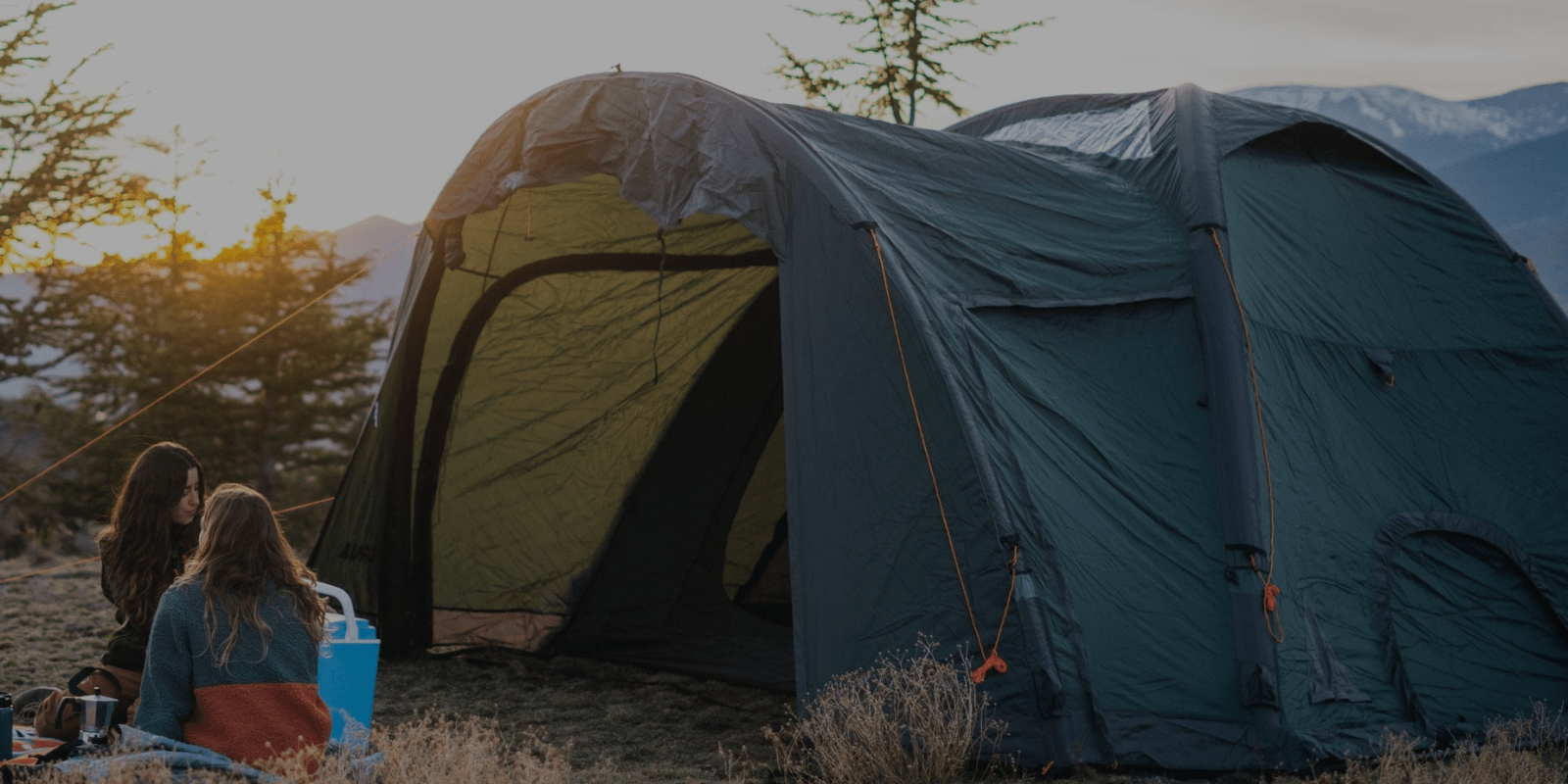
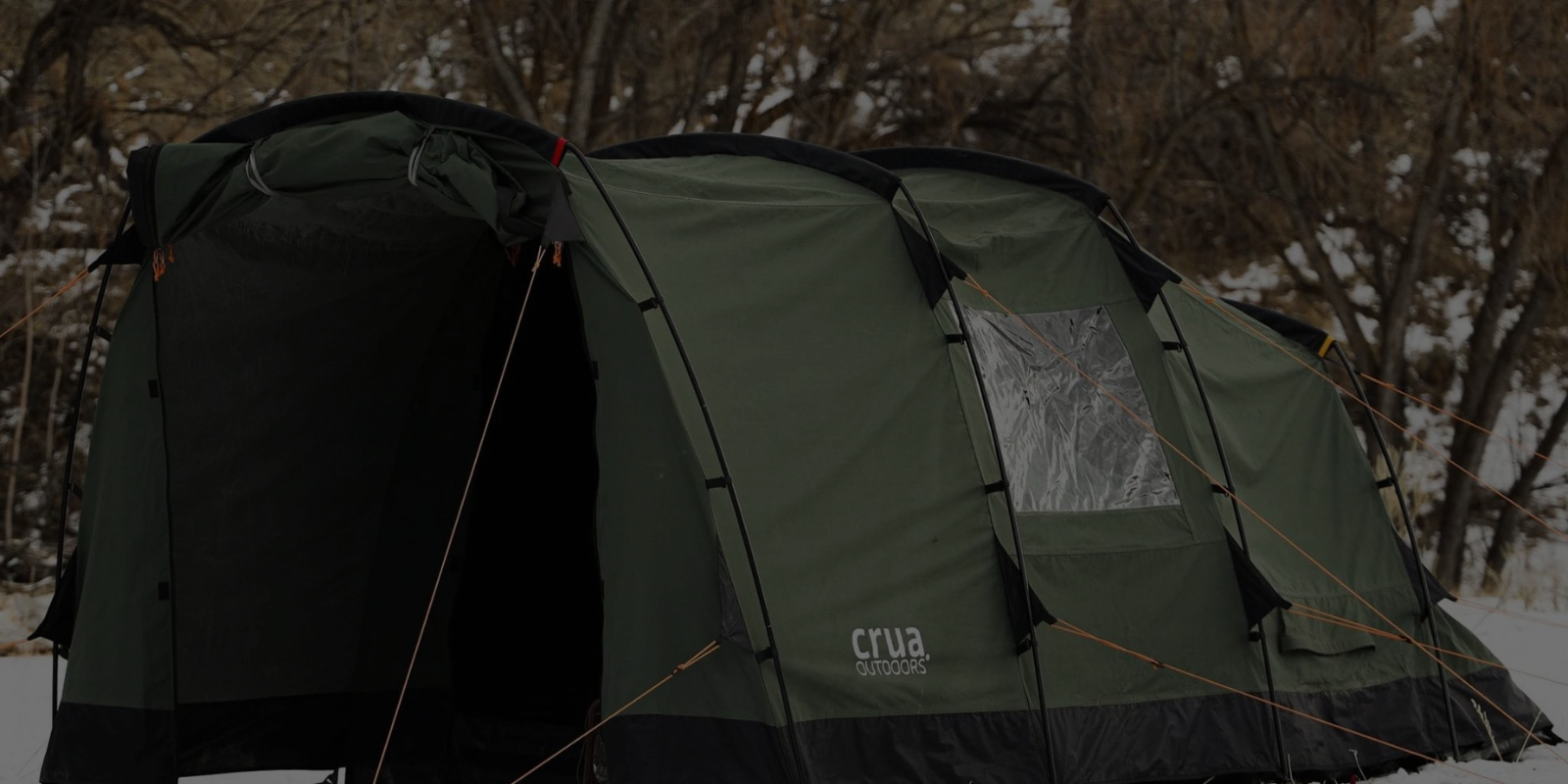

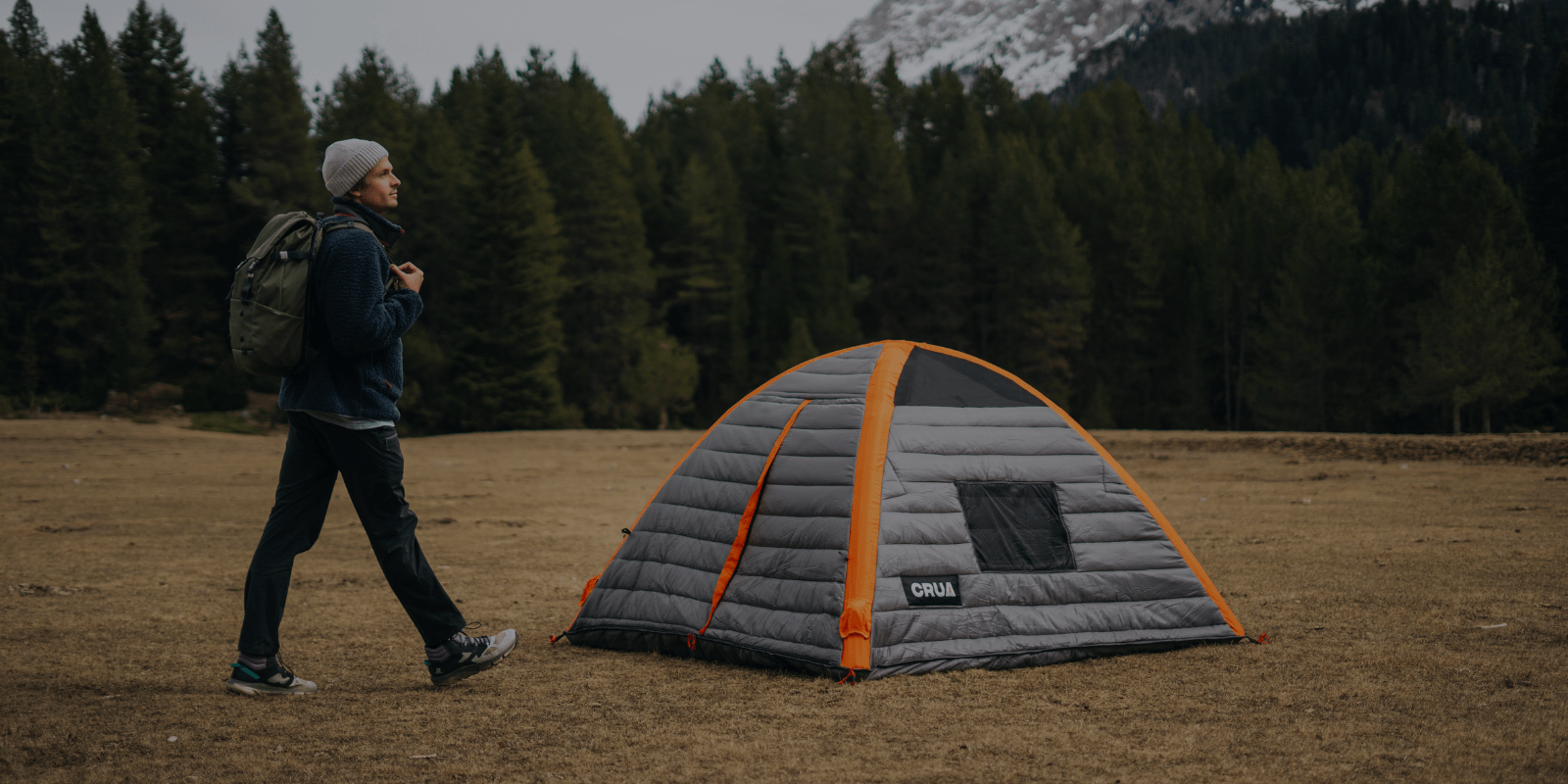
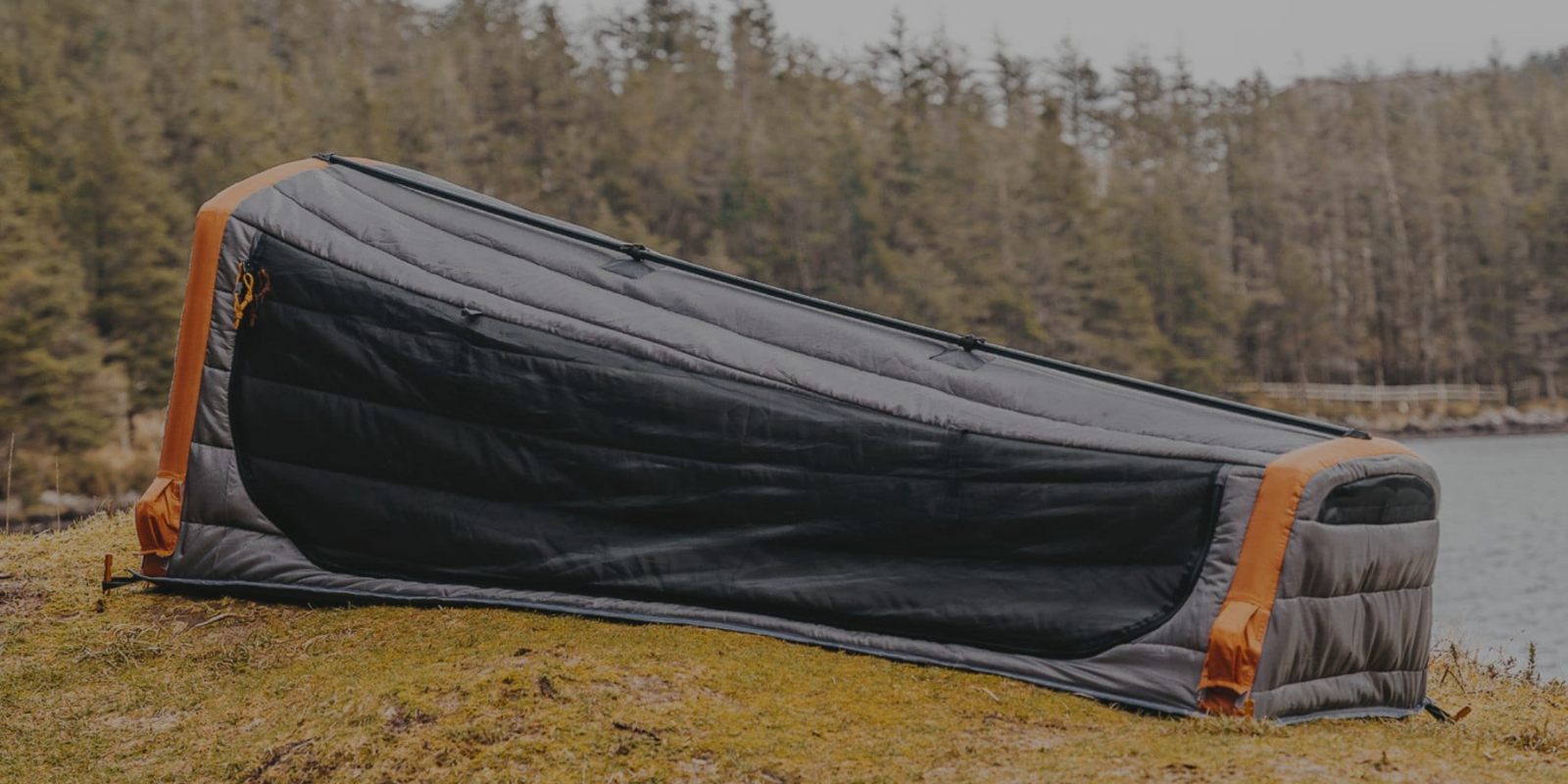
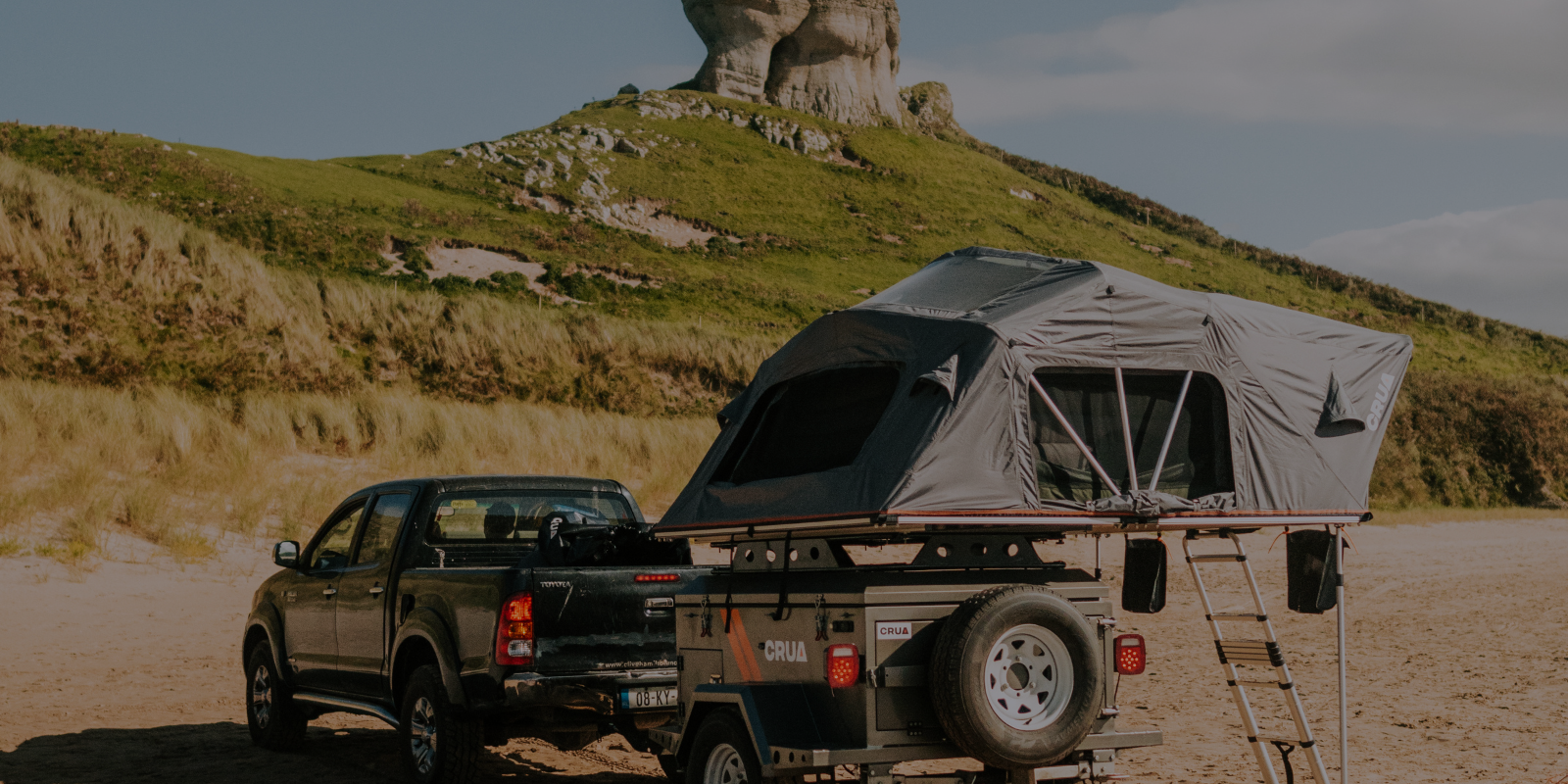

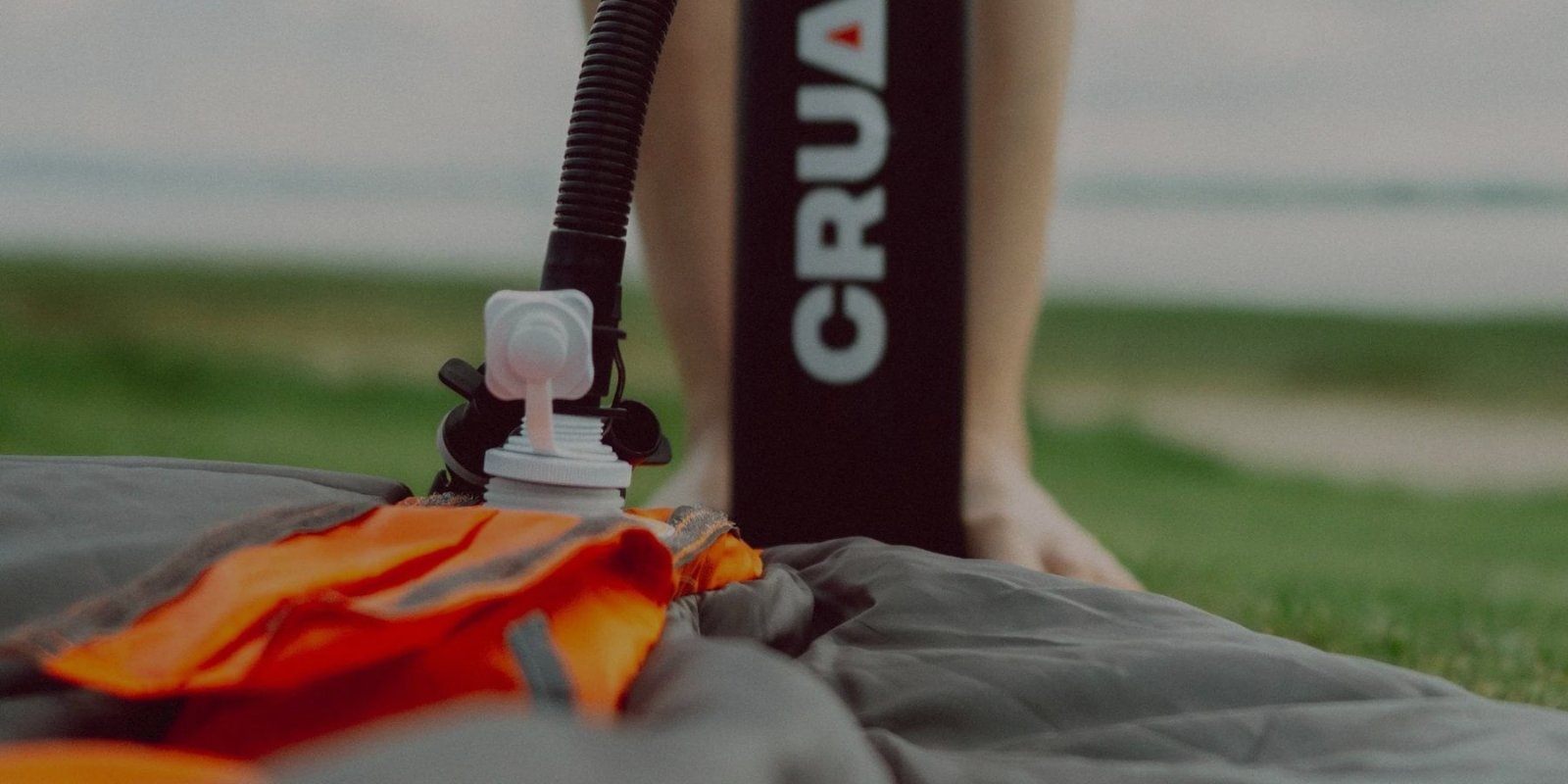
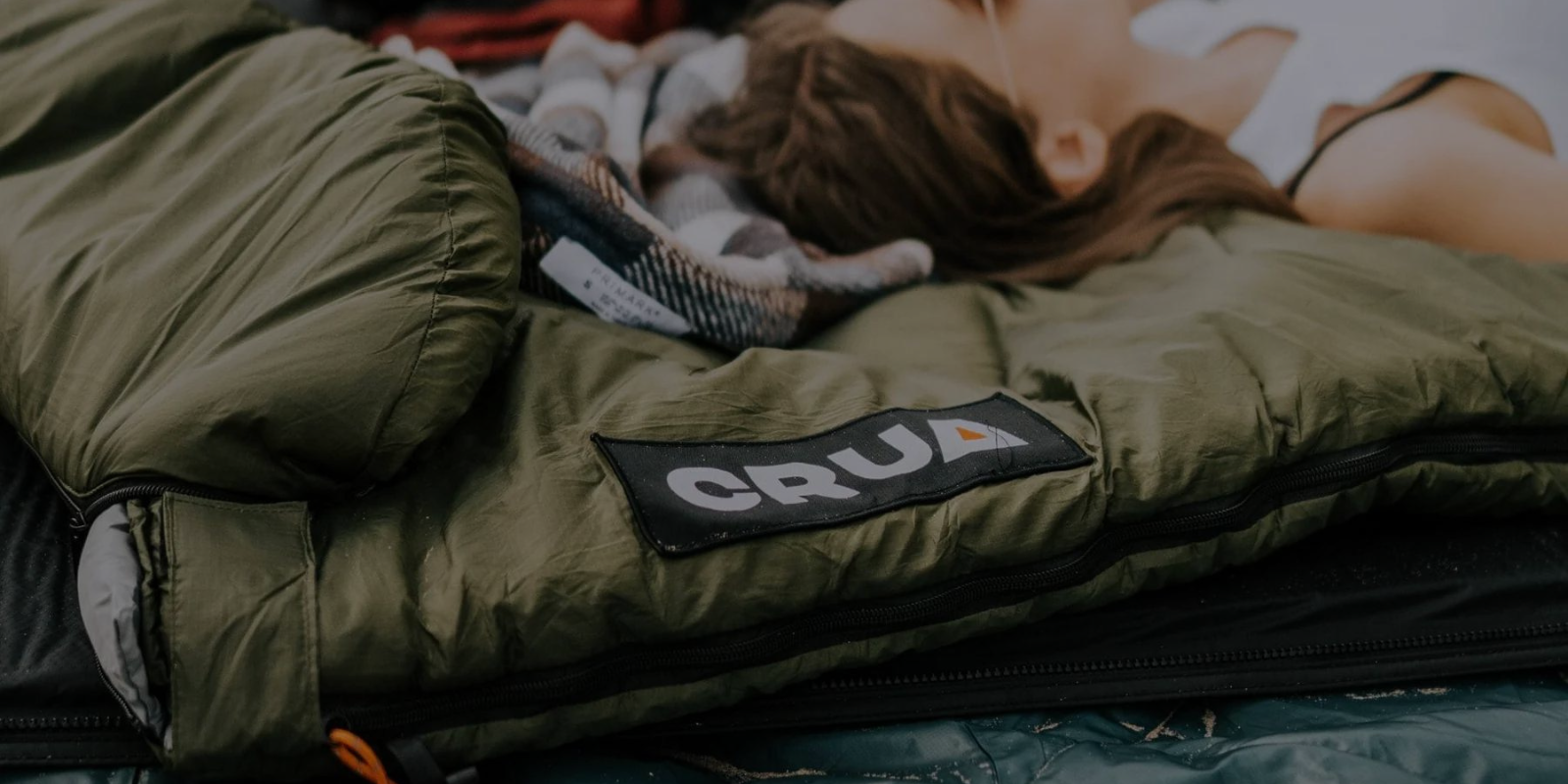

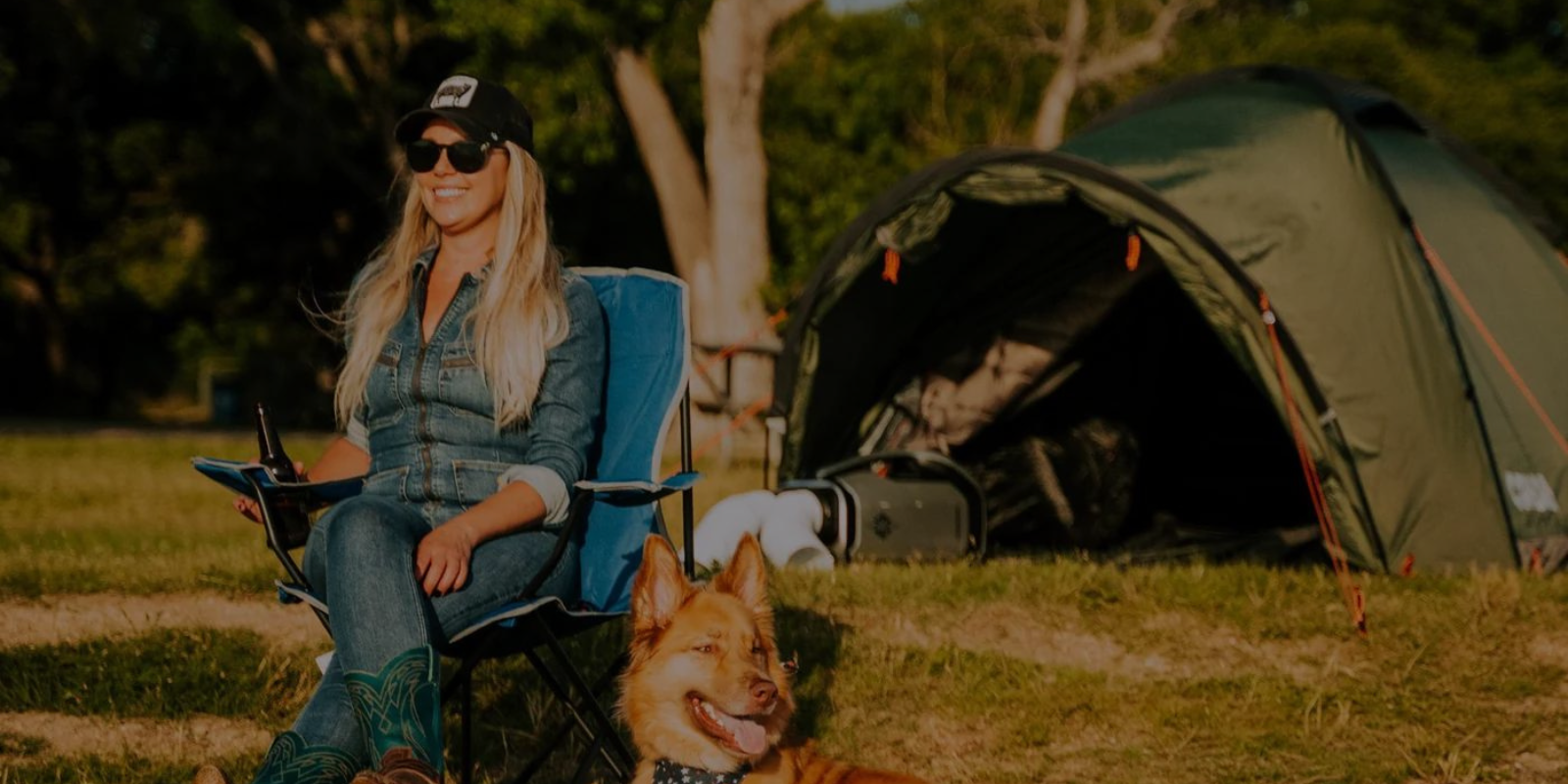
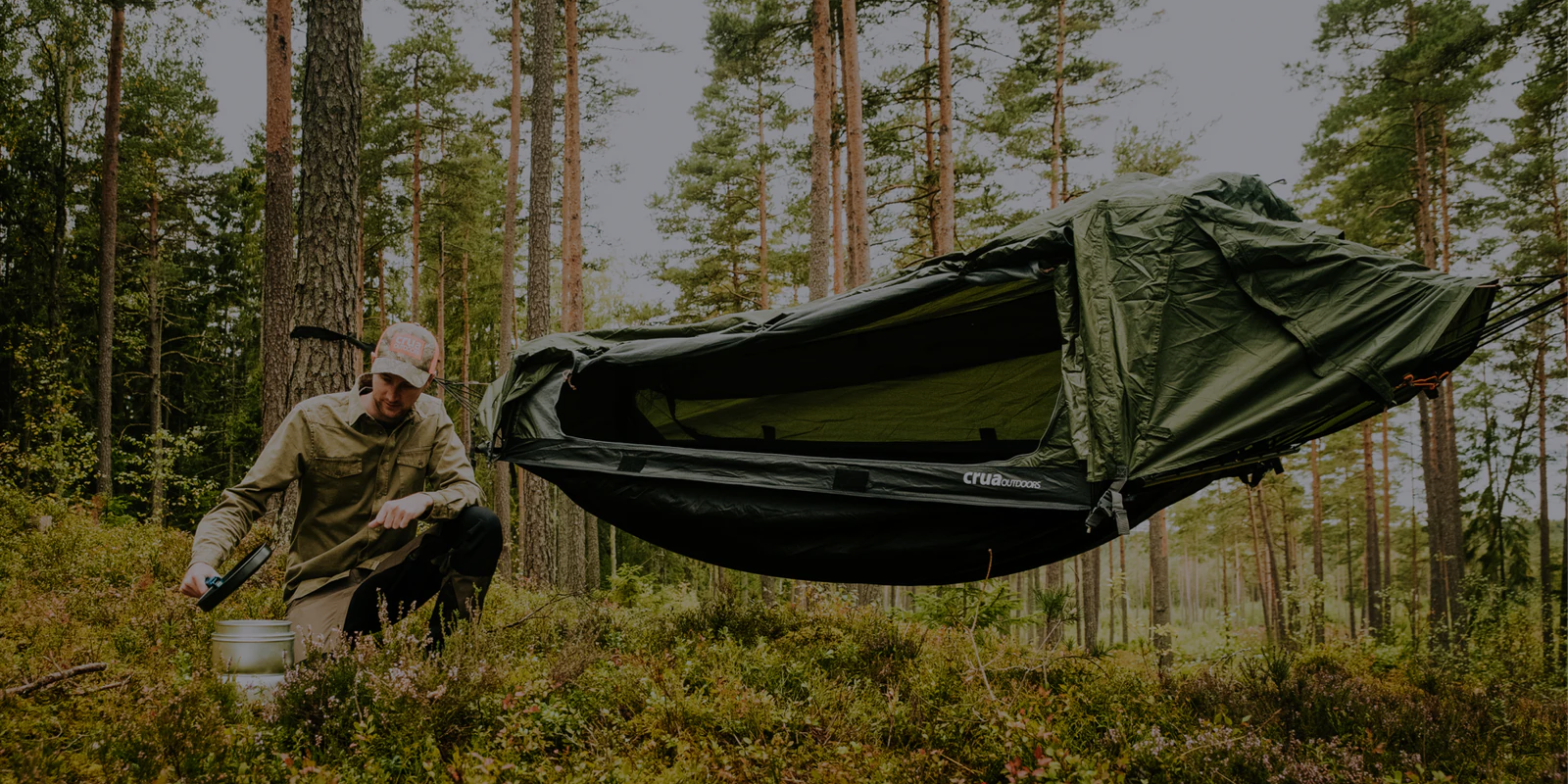
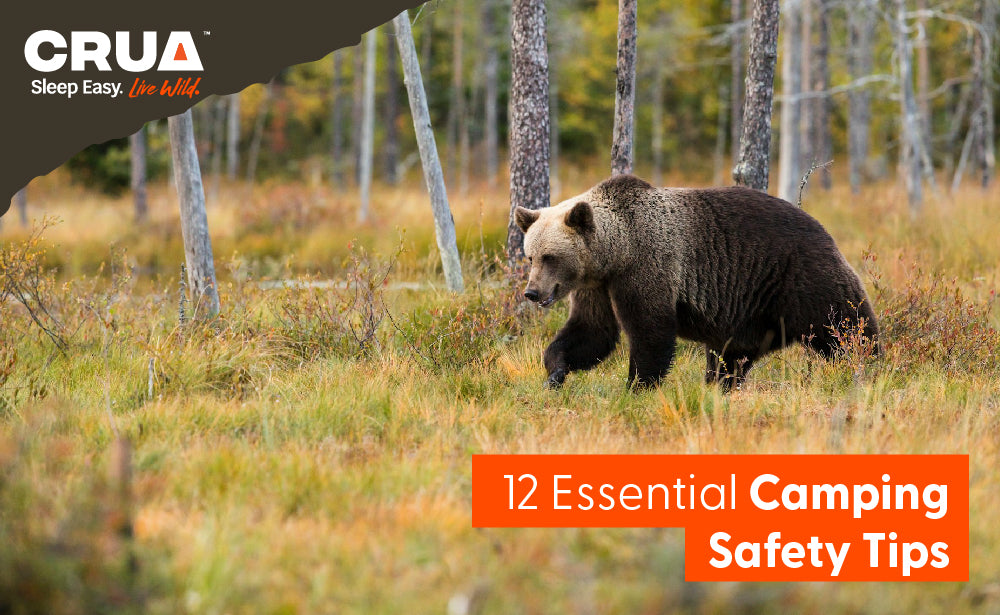
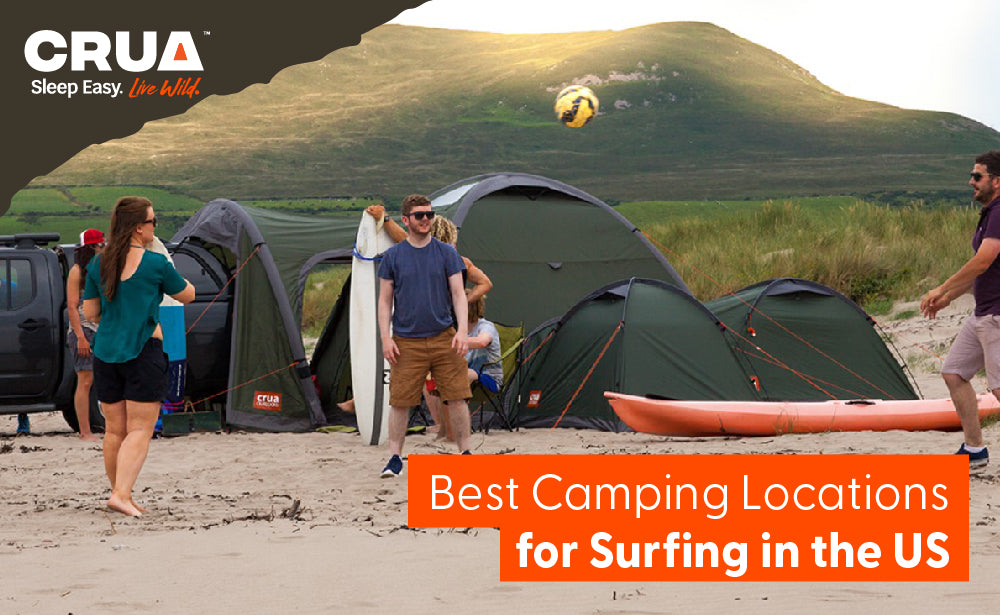
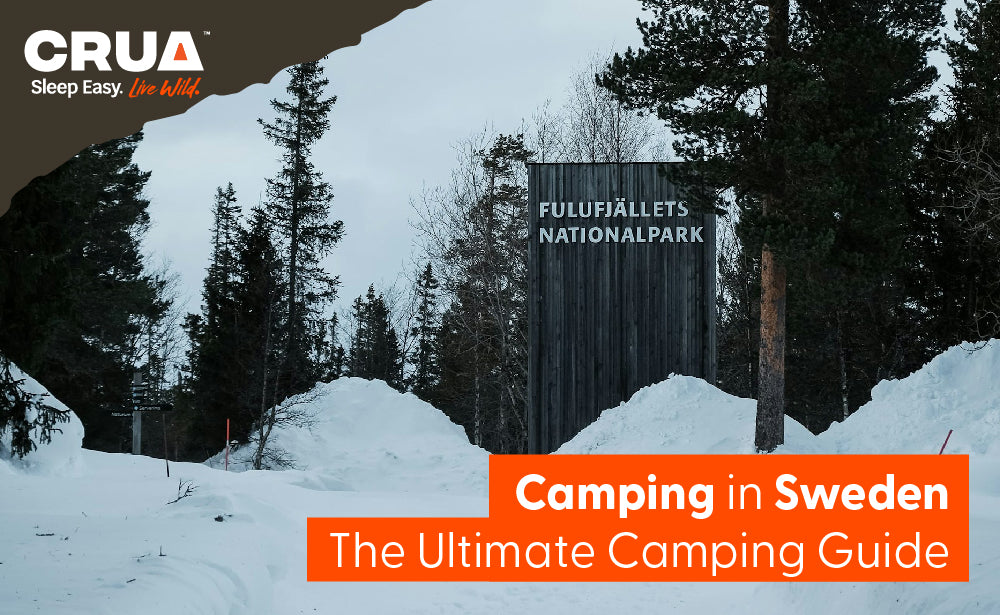
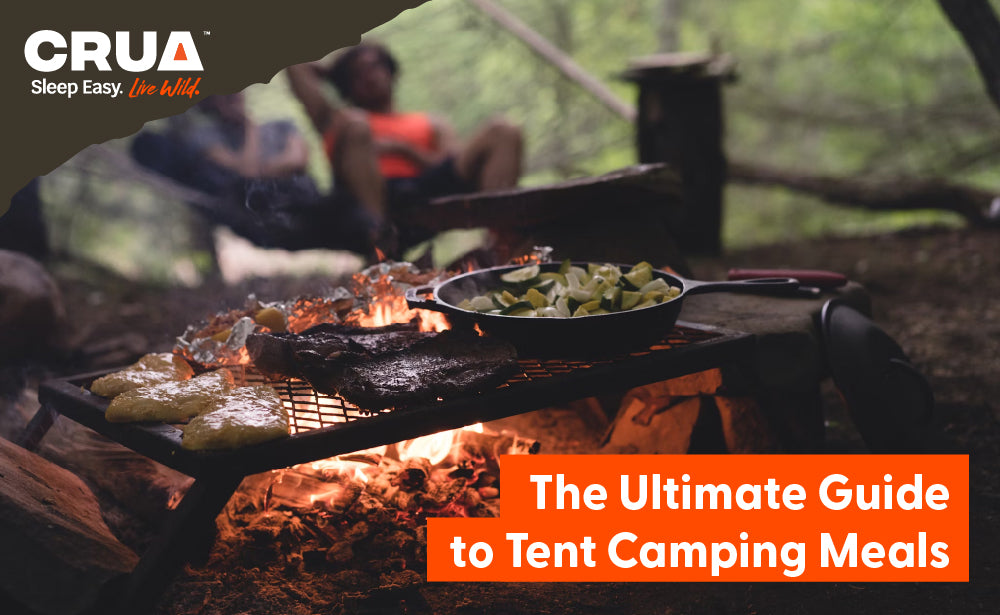
Leave a comment
All comments are moderated before being published.
This site is protected by reCAPTCHA and the Google Privacy Policy and Terms of Service apply.